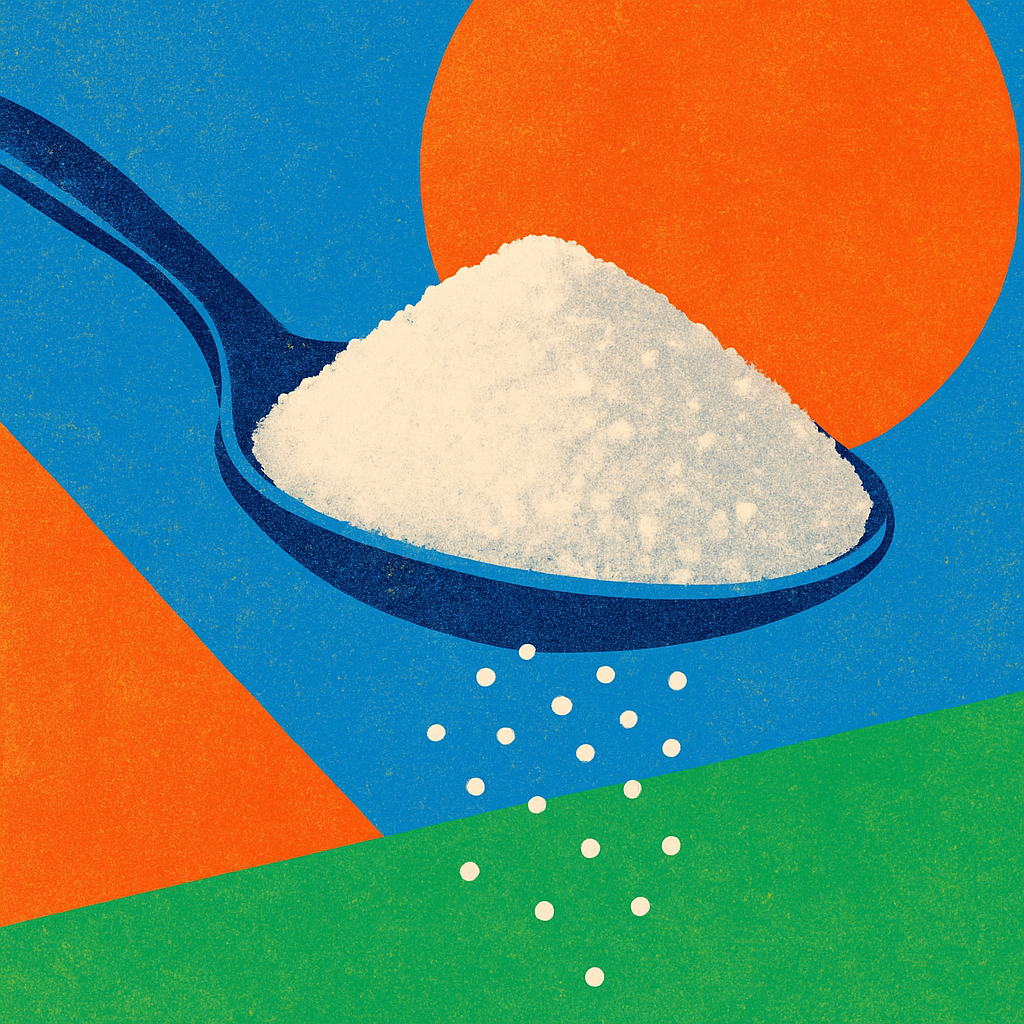We all know and love sugar, but have you ever realized how sugar impacts your hydration levels? Many people ask the question” “Does sugar dehydrate you?” and the answers are clear! You’d be surprised at how many times people underestimate the power of hydration, so making sure you understand how to get hydrated is key. Understanding how sugar interacts with the body and its impact on hydration can help you make better choices when it comes to your diet, and stay properly hydrated for your big days ahead!
The role of sugar in the body
Sugar is a type of carbohydrate that provides energy to the body. When we consume sugar in any capacity, it is broken down into glucose, which is then moved to our cells for energy. However, sugar also affects cellular hydration through a process called osmosis. When there is too much sugar in the bloodstream, it can pull water out of cells, impacting hydration levels and overall bodily functions.
Is sugar dehydrating?
“Is sugar dehydrating?” The simple answer is, yes. When blood sugar levels rise, the body tries to remove the excess sugar through urine (you’ve probably felt that need to pee many times after eating a ton of sweets!). When your body is trying to process a lot of sugar, this means you are peeing more frequently, which then leads to overall fluid loss. If you are not replenishing correctly, this could lead to dehydration. It is most commonly noticeable in individuals with diabetes, but it can also impact those who consume large amounts of sugary foods and drinks.
Does sugar make you thirsty?
If you’ve ever felt extremely thirsty after eating something sweet, there’s a reason for that. When blood sugar levels rise, the body signals the brain to increase thirst, signaling you to drink more fluids to help dilute the sugar in your bloodstream. This is why sugary beverages can sometimes make you feel thirstier instead of quenching your thirst (who would have thought!)
Do you need sugar to absorb electrolytes?
We don’t want to make sugar the enemy – there is good use of it in our bodily systems! A small amount of sugar can help in electrolyte absorption, specifically during extreme dehydration or after intense physical activity. Glucose helps transport sodium and other electrolytes into cells, which is why oral rehydration solutions often contain a mix of sugar and salt. If you have ever been to Mexico, this is why people love drinking “Sueros,” a mix of water and a salt rim! For most people, sugar is not necessary for effective hydration, and plain water or electrolyte drinks with minimal sugar can be just as effective.
Does sugar have electrolytes?
Some would assume that sugar has electrolytes, but sugar itself does not. Electrolytes are essential minerals like sodium, potassium, and magnesium that regulate hydration and other bodily functions. While some sports drinks contain sugar along with electrolytes, it’s the minerals—not the sugar—that support hydration.
Tips to stay hydrated without excess sugar
Here are some of our best-kept tips for staying hydrated while being conscious of your sugar intake!
- Monitor sugar intake: Be mindful of how much sugar you consume daily. Reducing added sugars in your diet can help maintain better hydration and overall health.
- Choose hydrating beverages: Opt for water, herbal teas, or low-sugar electrolyte drinks instead of sugary sodas or fruit juices. These options support hydration without unnecessary sugar intake.
- Incorporate hydrating foods: Fruits and vegetables with high water content, such as cucumbers, watermelon, and oranges, can help keep you hydrated naturally. You can eat these by themselves, or add them into smoothies for a higher calorie count!
- Limit high-sugar foods and drinks: Avoid excessive consumption of candies, baked goods, and sugary beverages. If you crave something sweet, try natural alternatives like fresh fruit or unsweetened yogurt.
Key takeaways on sugar and hydration
Excessive sugar intake can impact hydration levels by increasing urination, which leads to fluid loss and potential dehydration. When consumed in high amounts, sugar draws water from the body, triggering thirst and further contributing to dehydration. Beyond hydration concerns, excessive sugar consumption is also linked to health risks such as diabetes and obesity. While sugar plays a role in energy production, maintaining proper hydration requires balancing sugar intake, choosing hydrating foods, and opting for electrolyte-rich drinks—preferably without added sugars. Choose hydrating foods and hydration drinks (some of which you can make at home!), and focus on electrolyte-rich options without added sugars.
References
- Polyuria (Excessive urine production). (n.d.). WebMD. https://www.webmd.com/diabetes/polyuria-too-much-urine
- What are simple sugars? (n.d.). WebMD. https://www.webmd.com/diet/what-are-simple-sugars
- Professional, C. C. M. (2024b, September 9). Electrolytes. Cleveland Clinic. https://my.clevelandclinic.org/health/diagnostics/21790-electrolytes
